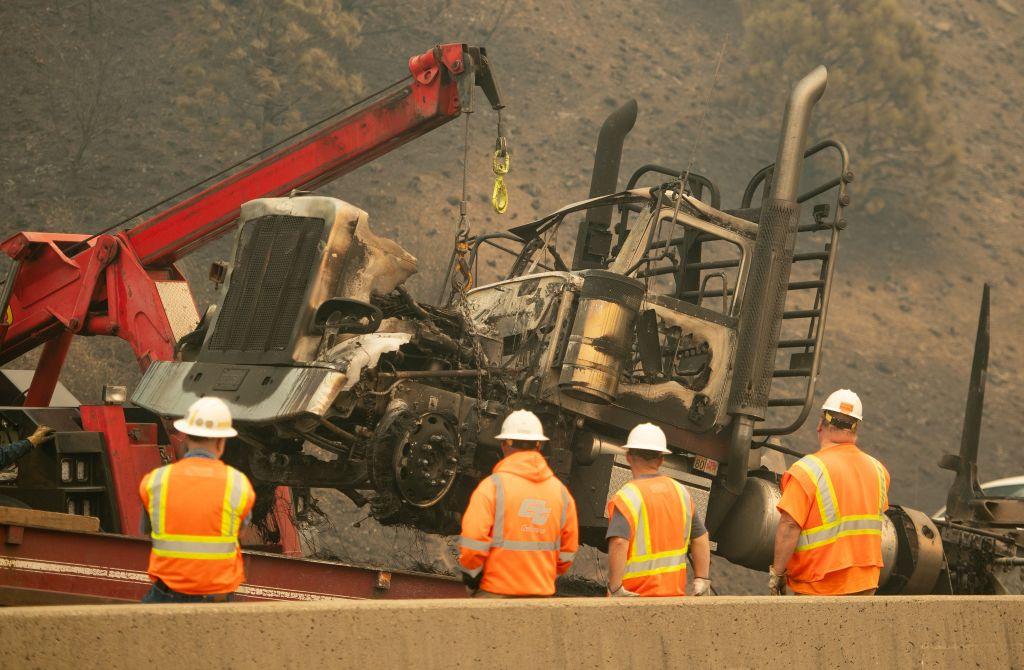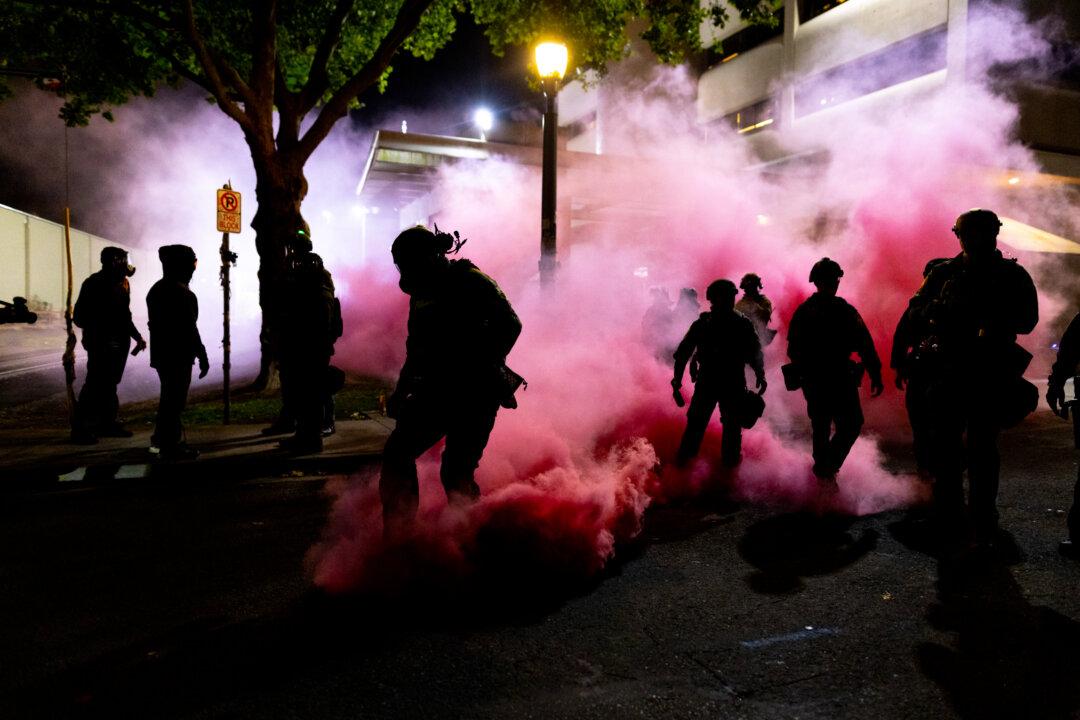To honor fallen team members, Caltrans has begun to install memorial signs in roadside rest areas, public spaces, and along California state highways in remembrance of workers that have been killed in the line of duty since 1921, including seven lost in Orange County.
“[Caltrans] lives are literally at stake every day,” Caltrans Director Tony Tavares said in a recent media release. “I implore all Californians to please slow down and move over in every work zone, every time.”




